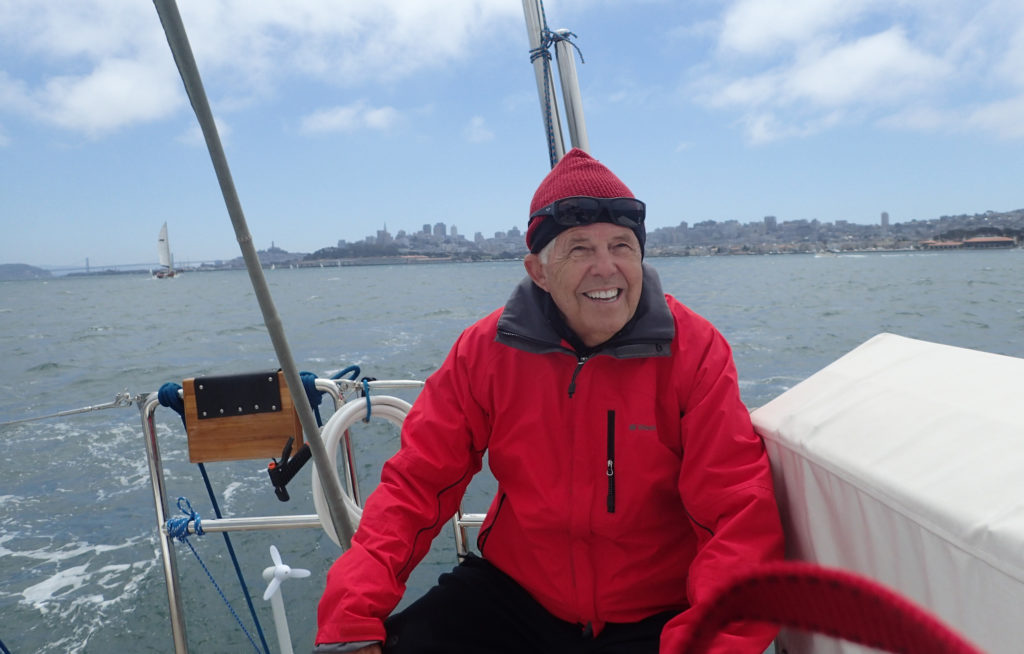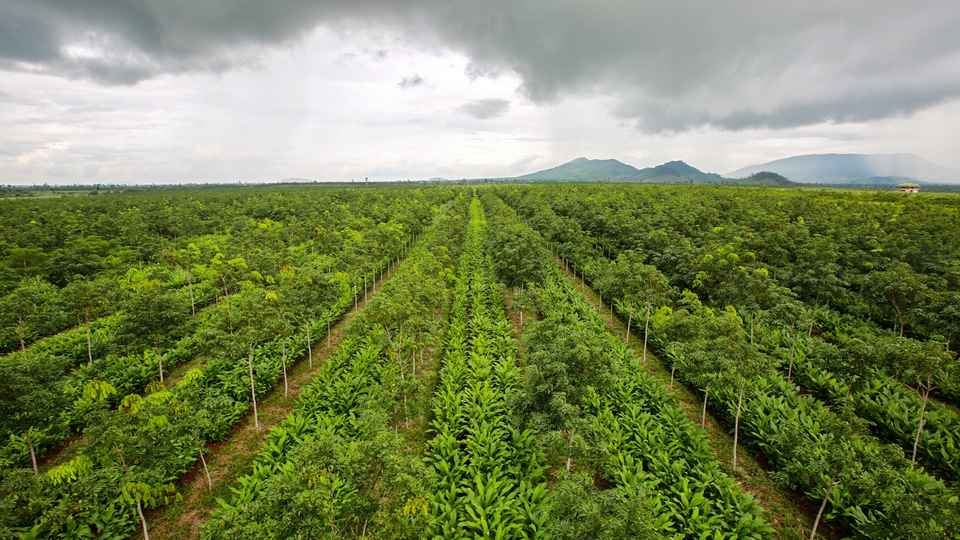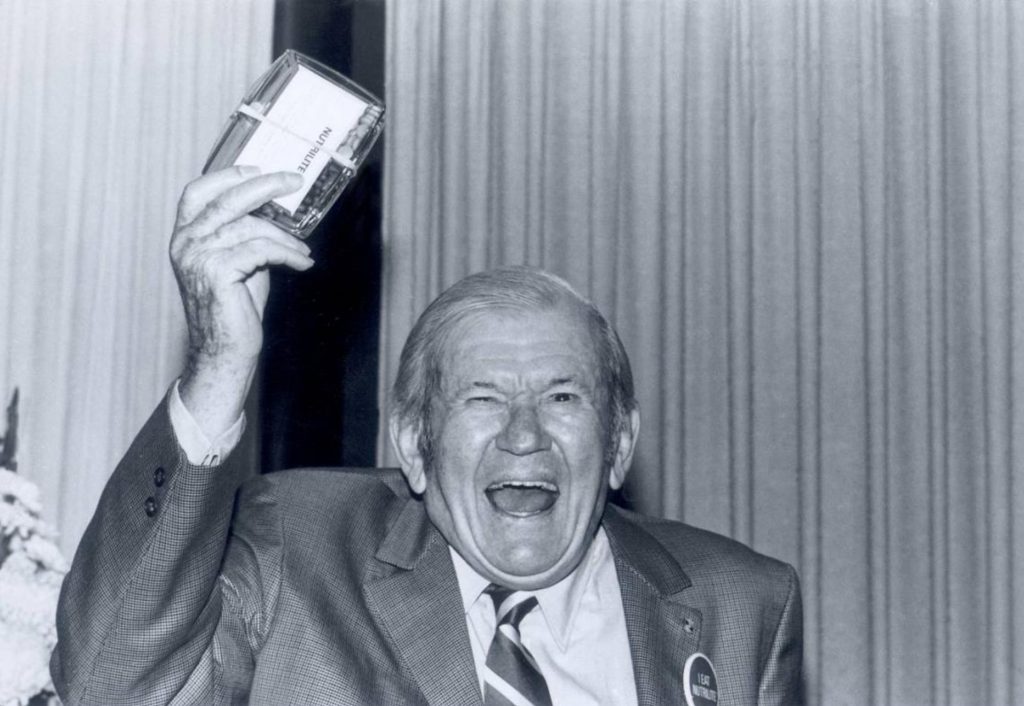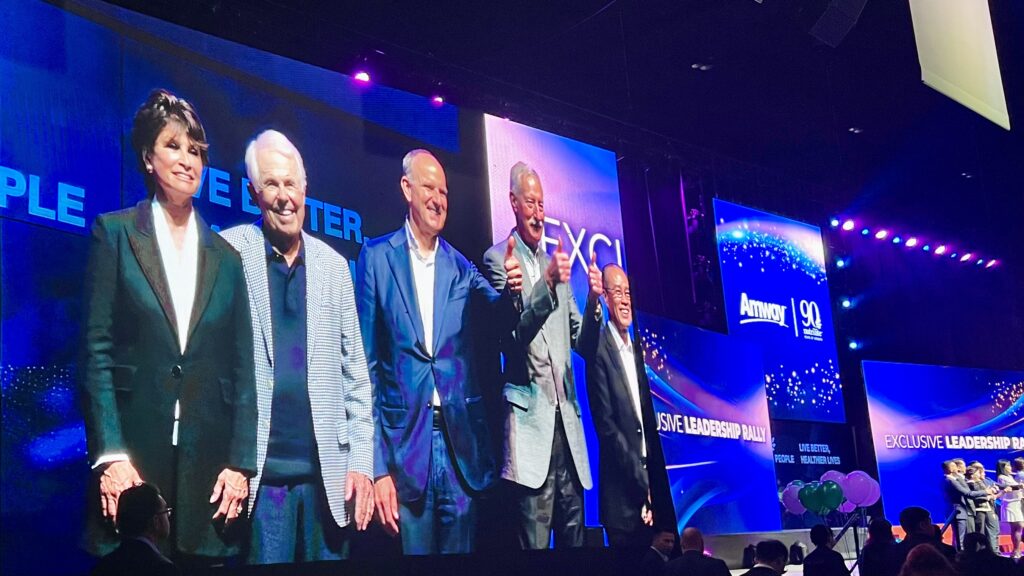Lifelong learning, learning about people and the world around me, has always been an important part of my growth. The discoveries I’ve made throughout my life of learning and curiosity have kept me young in spirit, and in mind.

It’s not only the product of a growth mindset, but also the simple idea that lifelong learning makes for a longer life. Our brain’s neuroplasticity will keep expanding as we age if we keep challenging ourselves. Learning pays us back in many ways.
Remaining in our comfort zone with simple brain tasks that won’t impact neuronal plasticity is easy. And, yes, it’s harder to learn new skills or pursue new ideas or education that challenges our long-term memory and high-level cognition. But it will map new pathways in our brain. I find it magical that intensive learning not only teaches you something new, but also improves your brain plasticity and health.
Staying young and improving neuroplasticity is also about maintaining focus. Knowing that we live in an “attention economy” where constant distraction has become a barrier for many people, focusing on fewer things is one way to be more effective. Because if you really think about it, you don’t necessarily need more time, you need more focus. So what you decide to commit yourself to is important.
Taking Healthy Risks
Committing to something often requires you to take a risk. And risk can be stressful even when it gets you out of your comfort zone and makes you stretch. In certain situations in our lives, I’ve discovered that it’s a bigger risk not to take one. Taking a healthy risk challenges our thinking by exposing us to new ideas and learning about different points of view.
And you might fail. But you shouldn’t be afraid of failure. Failing means you are trying and growing and stretching yourself further outside of your comfort zone. I’m not saying that success isn’t wonderful! But succeeding at something easy may not be as meaningful as failing at something hard. It may not give you the same opportunity for mental growth.
Here are a few ways to maintain your focus and keep expanding the neuroplasticity of your brain:
Find someone different from you and get to know them. Seeing something from another point of view helps occupy your mind with opposable ideas. It’s a key to empathy, expanding your world and making better decisions. You don’t necessarily have to agree with someone’s perspective to understand what’s motivating them. Someone who thinks differently from you might be the perfect complement.
Try learning a new language. There are so many wonderful tools available nowadays to help you learn to speak a new language. Understanding the nuances of languages, and the dialects that accompany them, gives you deeper knowledge of diverse cultures and appreciation for different ideas. Not only are you creating more neural pathways as you master pronunciation and conversation, but you can begin to have deeper interaction with the people around you.
Learn how to play an instrument. Music is wonderful to listen to, but playing an instrument opens a whole new world. Find a music teacher and pick an instrument to learn that you love listening to. Learning how to play it will give you more appreciation for the music you hear every day.
And finally, as you continue learning and growing throughout your life, don’t forget to laugh!
Laughter and a positive mindset are the best form of prevention.
Cheers!




